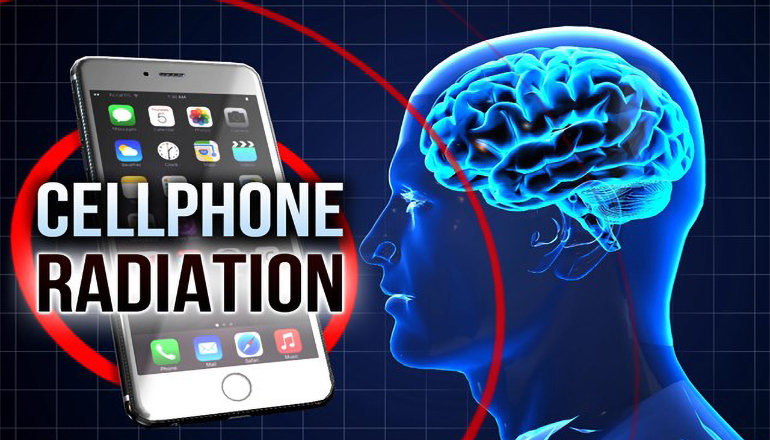

Tablets, like any modern smart device with wireless capabilities, emit EMF radiation, and this can be something of a problem. The Health Risks Of Regular Screen-TimeĮMF – for those of you who may be unfamiliar with the subject – stands for electromagnetic frequency and is a kind of radiation emitted by many of the devices we use in our day-to-day lives.Should Your Children Be Using A Tablet?.Today we’ll be talking about the dangers of tablet screen time, what you can do to minimise them, and the best ways to reduce your EMF exposure from tablets. Tablets are useful, but they also come with downsides and you should very much understand those downsides in their full context before buying a tablet for yourself or for someone else. The truth, however, is that this isn’t an either-or. After all, tablets can make an excellent educational tool, keep us entertained when we need entertainment, and can even be a great way to help people with communication-related disabilities to interact with the world. Some would call this a problem, while others would suggest that it’s a good thing. That’s bad enough when it comes to adults, but this kind of technology has now become so pervasive and commonplace that many young children either own or, at very least, regularly use tablets for many hours a day. However, no matter how amazingly useful these devices are, that doesn’t change the fact that they can and sometimes do have a serious impact on people’s health.


In fact, many people even own a phone, tablet, and laptop, using them interchangeably depending on the circumstances.

That being said, in the last two decades, tablets have found a wide and comfortable niche in people’s homes as a useful and practical alternative to a laptop or PC. From smart TVs to the phone in your pocket, it can sometimes feel like every device we own is just a different size of screen.


 0 kommentar(er)
0 kommentar(er)
